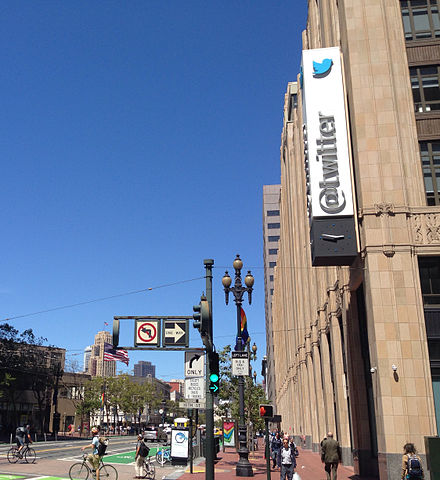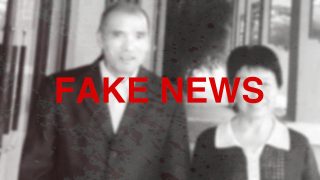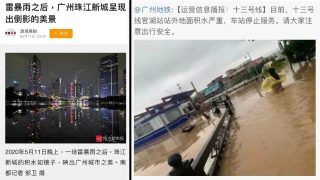
The new label will apply exclusively to “outlets where the state exercises control over editorial content through financial resources, direct or indirect political pressures, and/or control over production and distribution,” according to a Twitter blog post.
So far, the labels are confirmed to apply to accounts for China Daily, Russia Today, and Sputnik, as well as several other media outlets. According to the company’s post, they “are starting with a limited and clearly-defined group of countries before expanding to a wider range of countries in the future.”
Twitter also has plans to label the accounts of some government leaders, including ambassadors and foreign ministers.
These decisions arrive partially as a response to public criticism for the way social media outlets have dealt with foreign interference and disinformation. Much of this criticism stems from the Russian disinformation campaign prior to the 2016 U.S. election, much of which took place on Twitter.
These announcements could face potential backlash, possibly from U.S. President Donald Trump, who tweets daily on the site.
The company has had issues with the Trump campaign in the past. Twitter locked the president’s campaign account Wednesday for breaking its COVID-19 disinformation rules after the account tweeted a video of the president saying children are “almost immune” to COVID-19.
Some Republicans also have maintained that Twitter and other social media outlets specifically censor conservative views in an effort to suppress their positions on various issues.
Source: VOA


